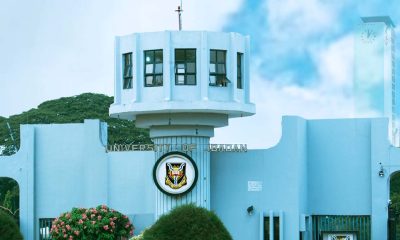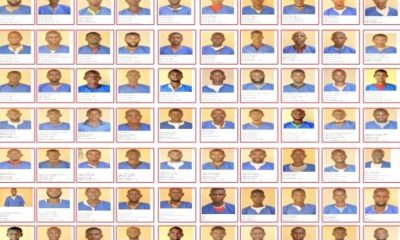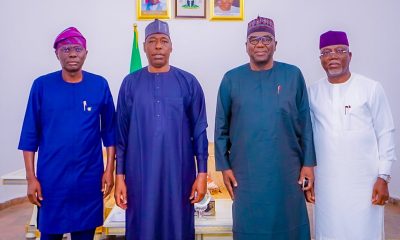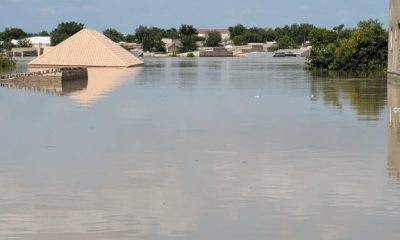National
Flood: EU supports Nigeria, Five others with €5.4 million

National
State police risky, expensive—Cattle breeders
National
Gov Okpebholo Suspends Recruitment Into State Civil Service
National
We’ll reintroduce rejected bills on 6-year single term—34 Rep. members
National
Delta approves N713m for 2024 students bursary payment — Official
National
Survey shows 71% of households affected by food price hike
National
Reps reject bill seeking six-year single tenure for president, governors
-
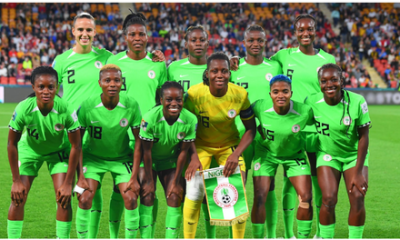
 News20 hours ago
News20 hours agoNigeria’s Super Falcons Drawn Against Tunisia, Algeria, and Botswana in Group B of 2024 WAFCON
-
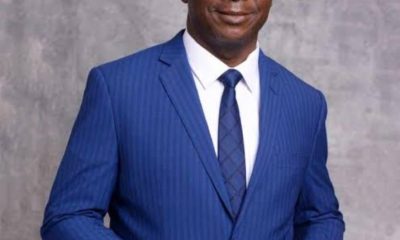
 News20 hours ago
News20 hours agoNFF President, Gusau, elected 1st Vice President of WAFU B
-

 News20 hours ago
News20 hours agoEFCC warns banks against fraudulent practices
-

 News20 hours ago
News20 hours agoAgain, Naira gains massively against the US Dollars
-
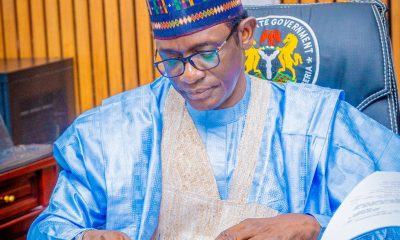
 Metro10 hours ago
Metro10 hours agoYobe approves N70,000 minimum wage for workers
-
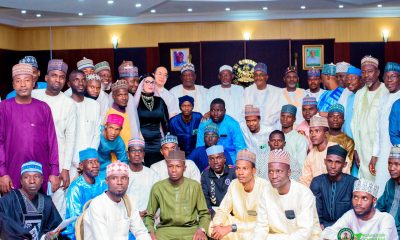
 Education19 hours ago
Education19 hours agoJigawa sponsors 30 Engineering graduates to China
-

 News7 hours ago
News7 hours agoEPL:Tottenham Humiliate Manchester City with Stunning 4-0 Victory in Premier League Clash
-
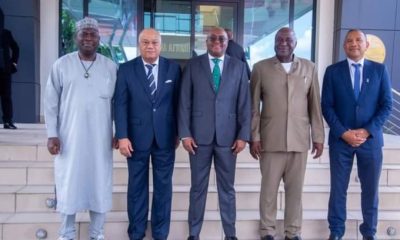
 News13 hours ago
News13 hours agoFIBA Africa gives more responsibilities to the Zones…Confirms host of Afrobasket men and women events…Madagascar’s Jean Michel appointed as Vice
-

 News10 hours ago
News10 hours agoFIBA Africa gives more responsibilities to the Zones
-

 Metro17 hours ago
Metro17 hours agoNigeria sharia police to raid betting shops after court ruling










